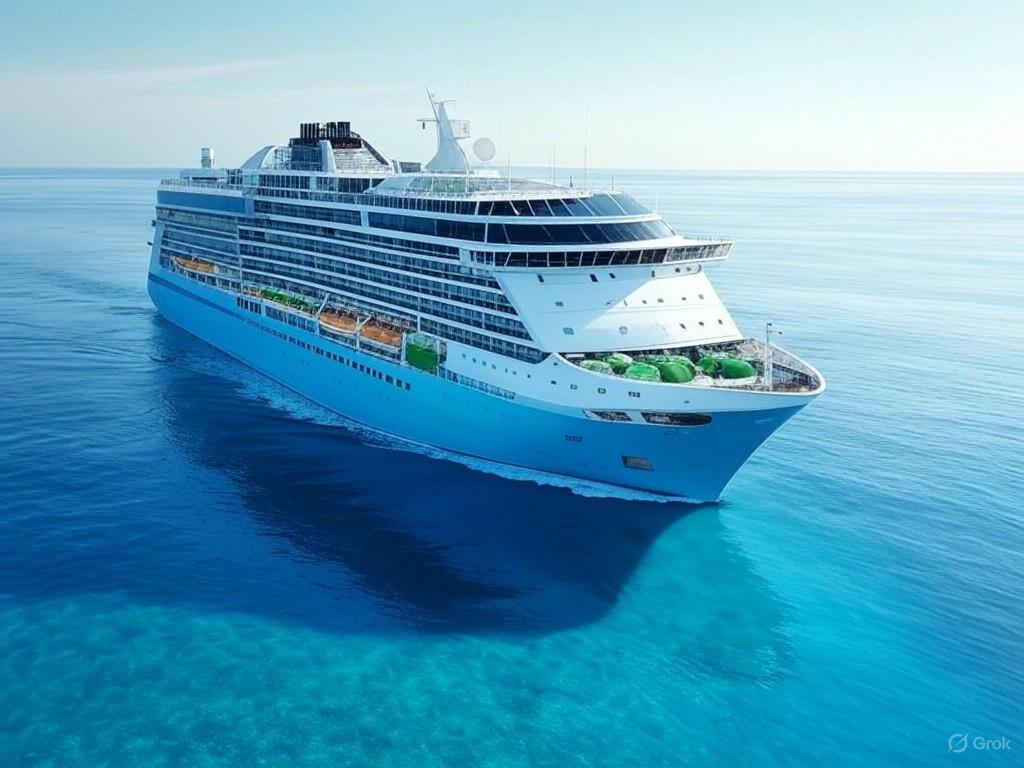The maritime industry faces a pivotal moment, driven by an urgent need to curb emissions and align with global sustainability goals. One emerging solution is the adaptation of proton exchange membrane (PEM) fuel cells for cruise ship propulsion. These fuel cells mark a new chapter in sustainable maritime travel by promising reduced emissions and enhanced energy efficiency.
Leading this innovation is the Zero4Cruise project, a collaborative effort among industry giants Meyer Werft, Freudenberg Fuel Cell e-Power Systems, and the German Aerospace Center (DLR)[1]. Together, these organizations aim to transform the propulsion systems of large-scale maritime vessels by further developing PEM fuel cells. The goal is to replace conventional diesel engines with cleaner alternatives, setting sail towards climate neutrality.
Fuel cells powered by green methanol represent another frontier in sustainable shipping. The advantage here is that they can be integrated into existing ship designs, making them viable for both new builds and retrofits. This adaptability is crucial, considering the long operational life of modern cruise liners. For instance, the synergy between methanol reformers and battery systems provides ships with the ability to operate carbon-neutral, especially when navigating ports and coastal areas[2].
However, challenges remain. The integration of PSA-based CO2 capture technology in solid oxide fuel cells (SOFC) systems is one promising avenue being explored to mitigate emissions further. Unlike traditional systems, PSA selectively captures CO2, offering better energy efficiency[3]. Combining these systems with existing maritime technology could dramatically reduce a cruise ship's carbon footprint.
As these projects evolve, it's evident that advancements in fuel cell technology could revolutionize the maritime industry. The successful integration of these systems promises not only to align with strict environmental regulations but also to offer operational efficiencies, leading to a new era of clean, sustainable sea travel.
References:
1. Fuel cell technology for climate-neutral shipping
2. German consortium sets out to activate fuel cell technology for cruise ships
3. DNV and HD KSOE set sights on CO2 capture technology for SOFC







